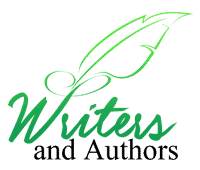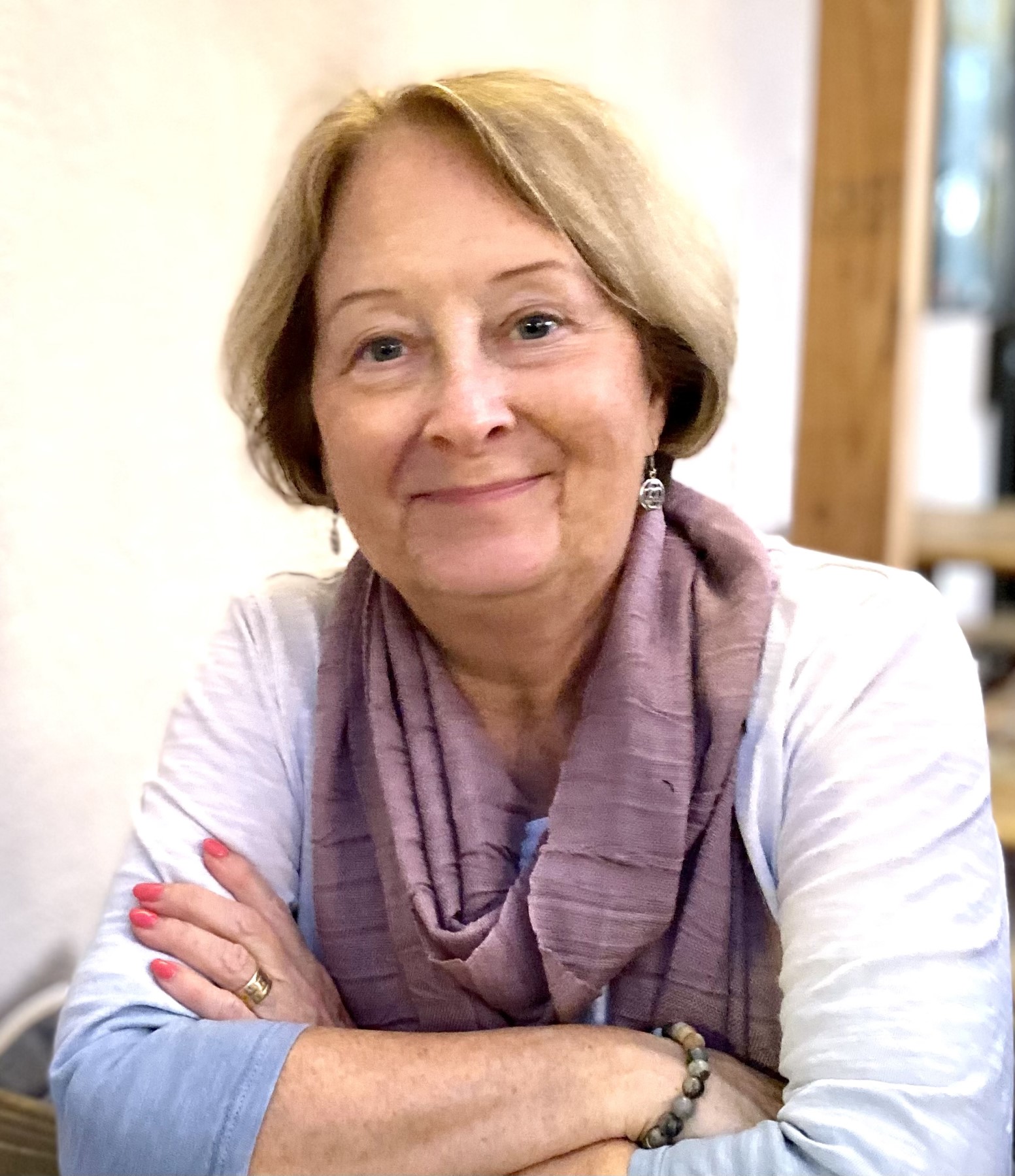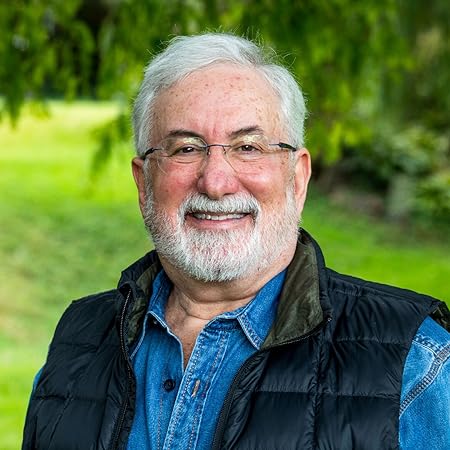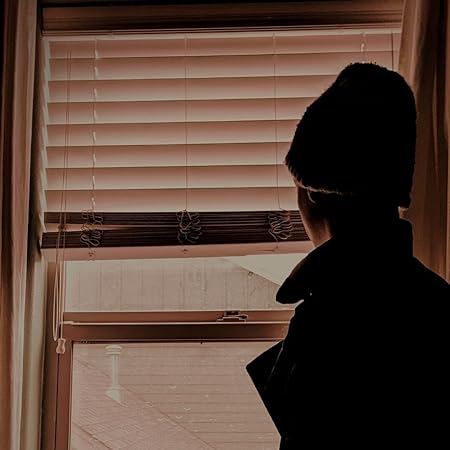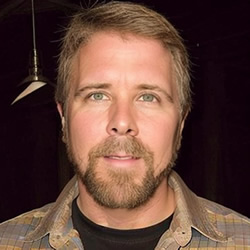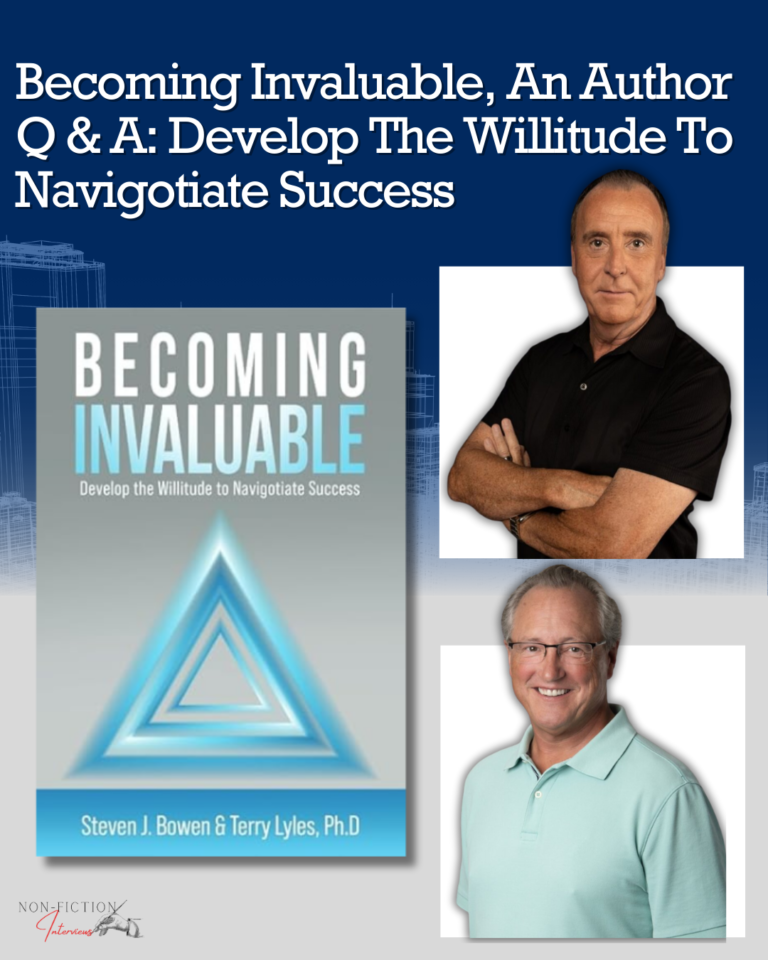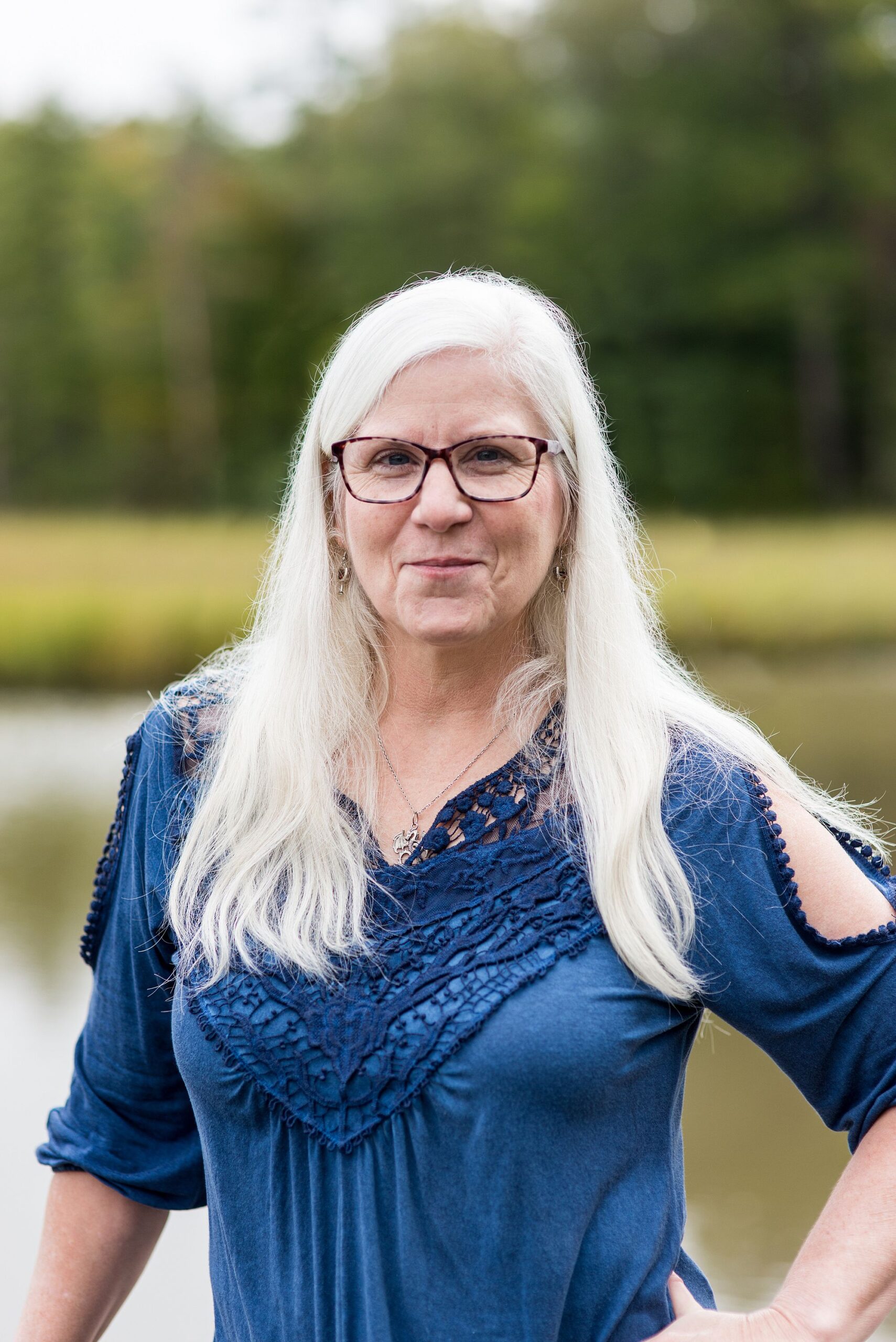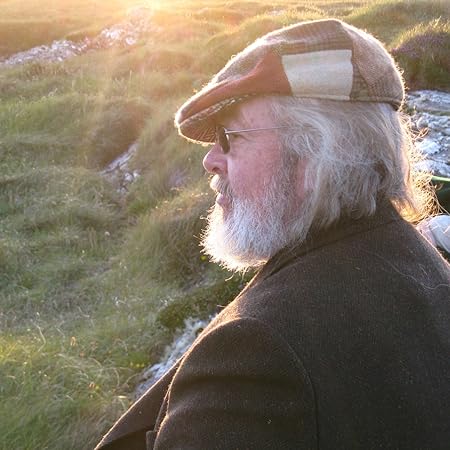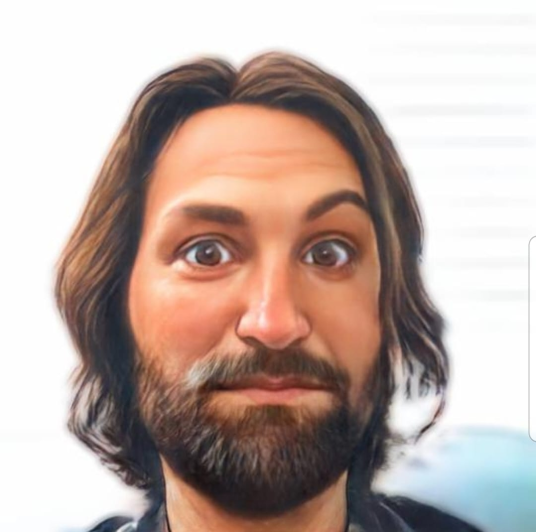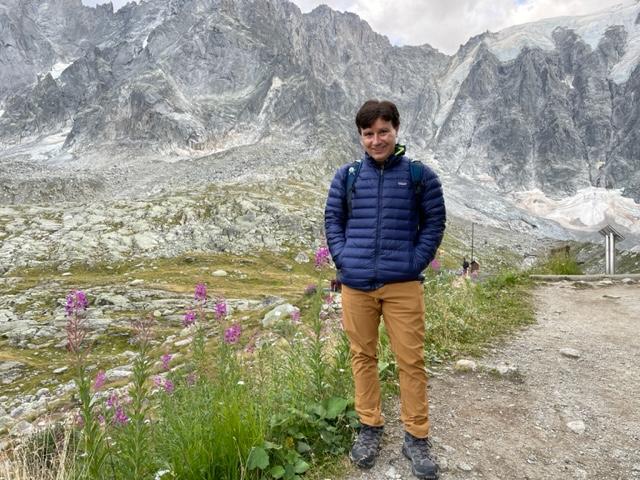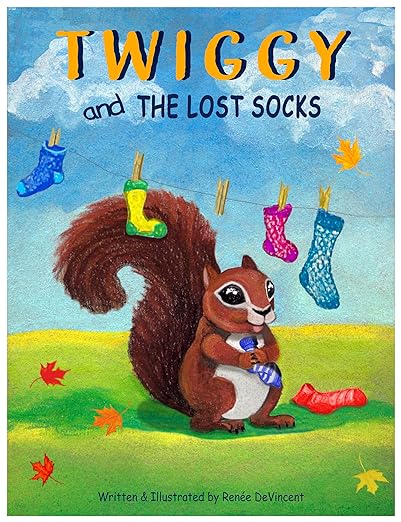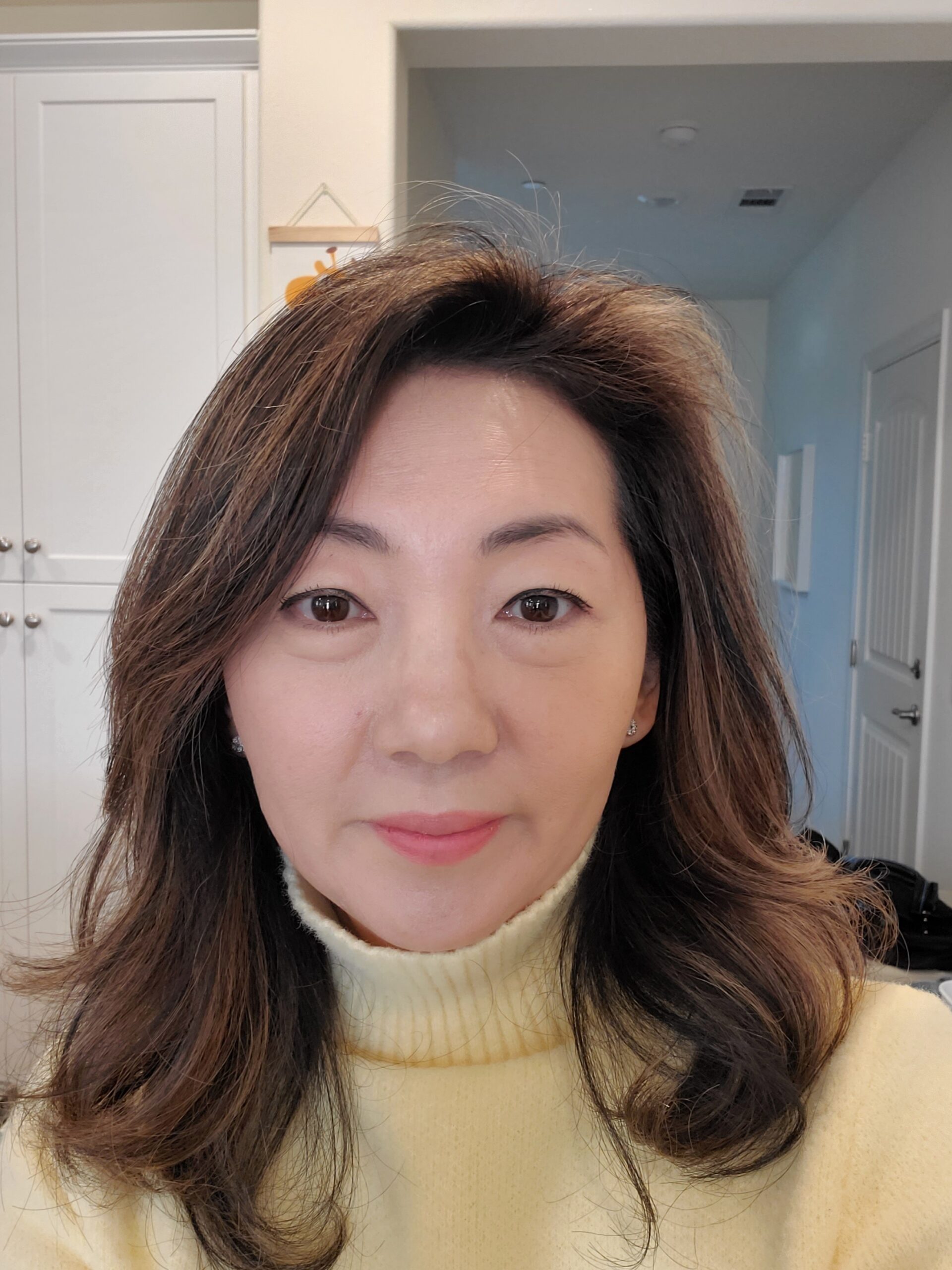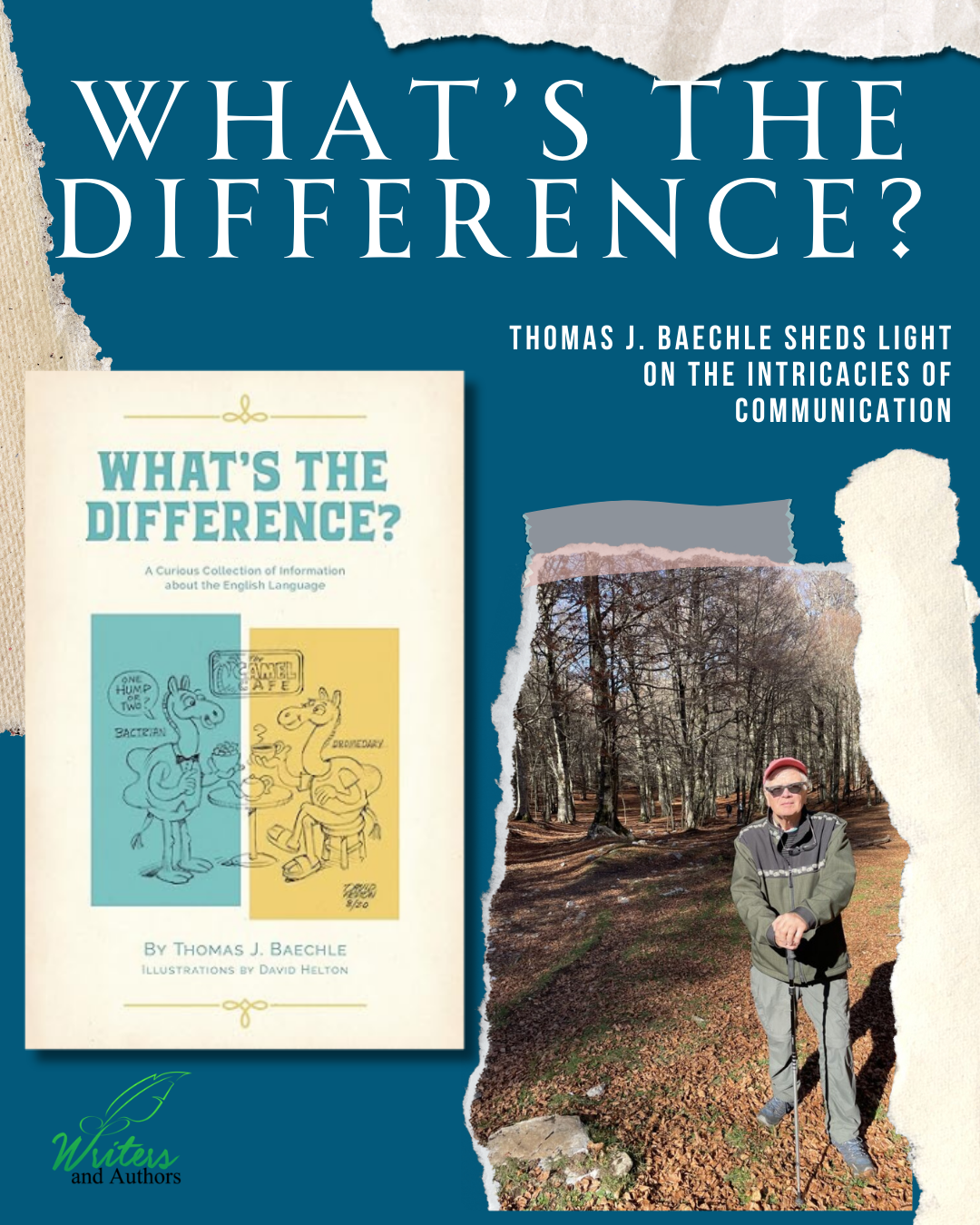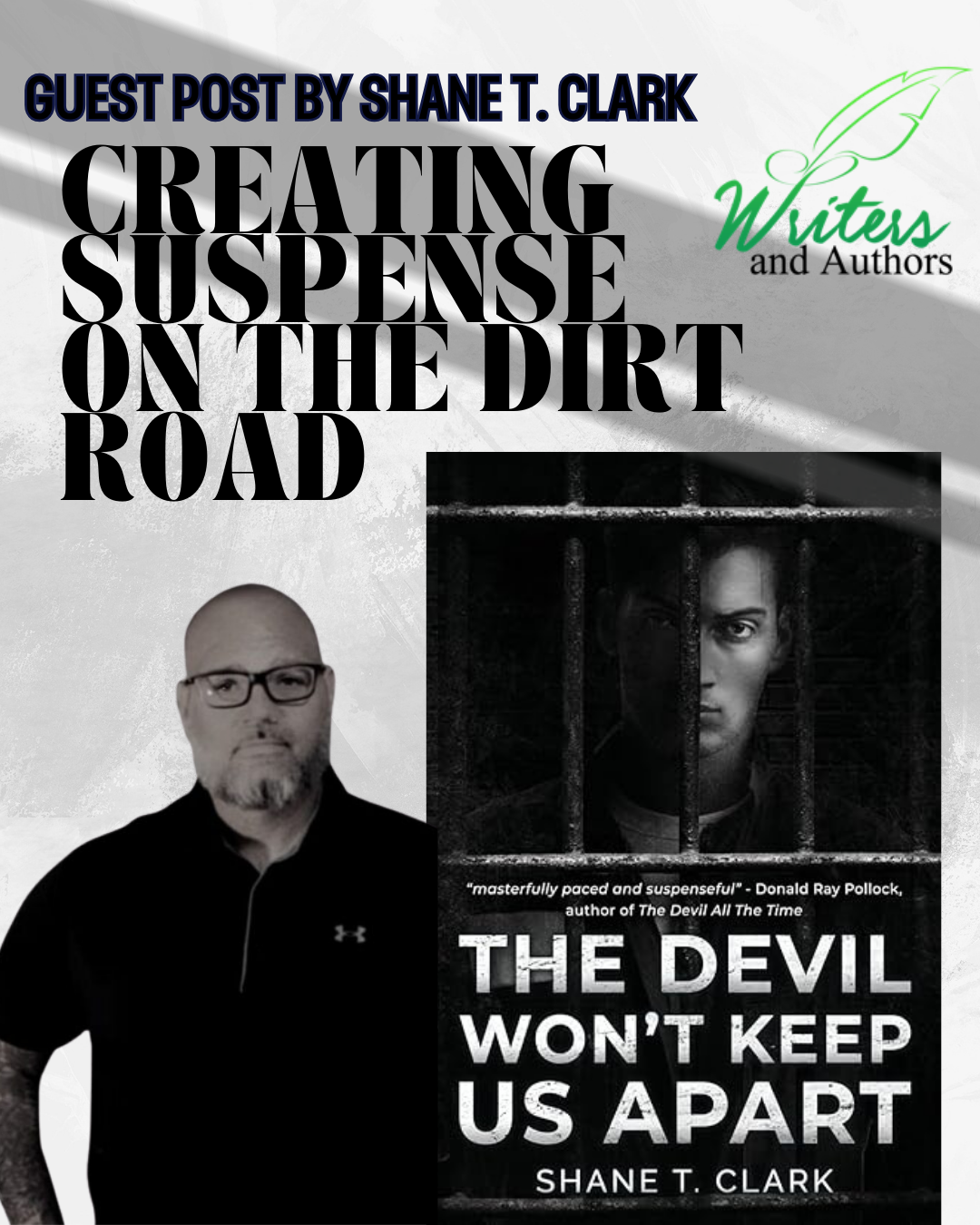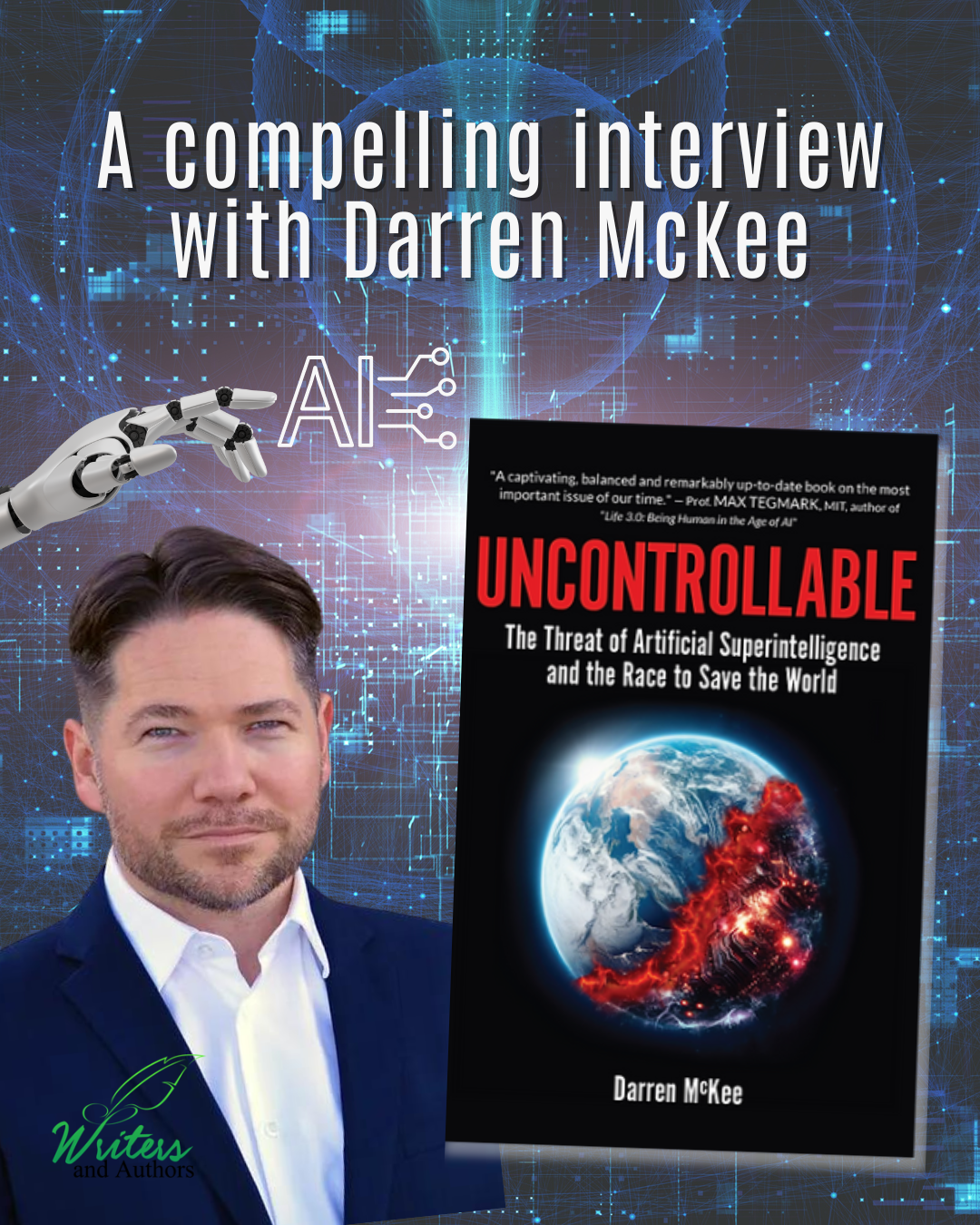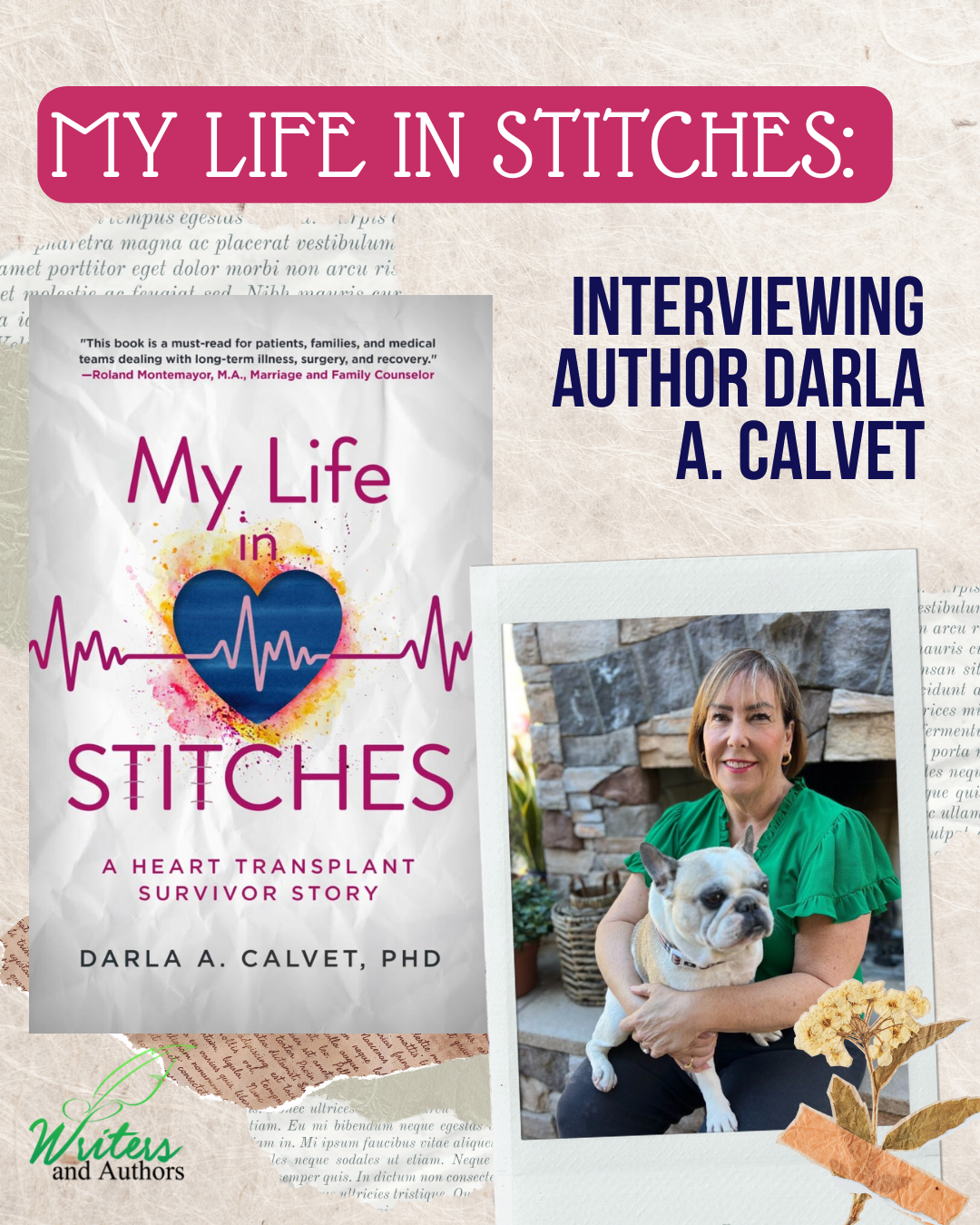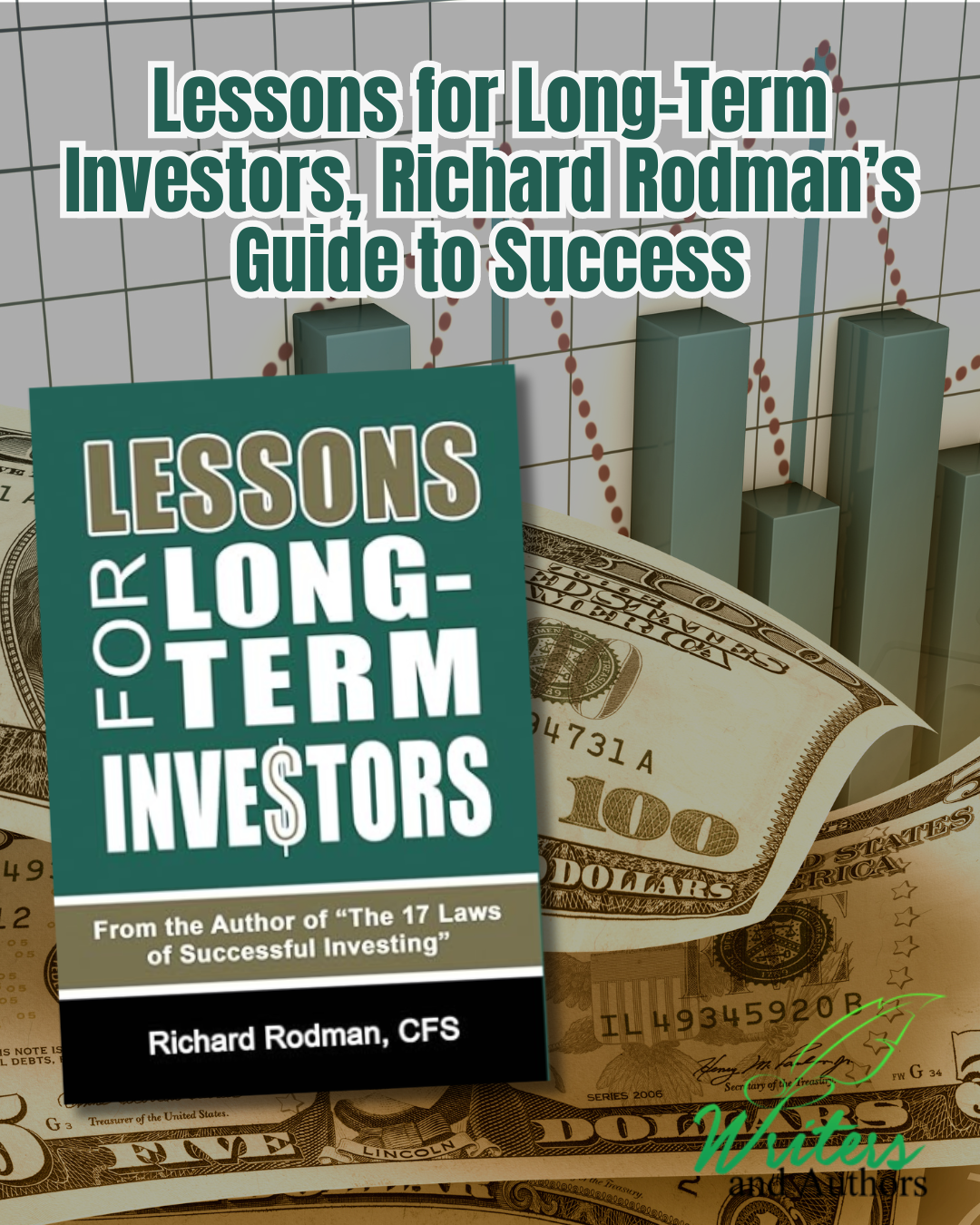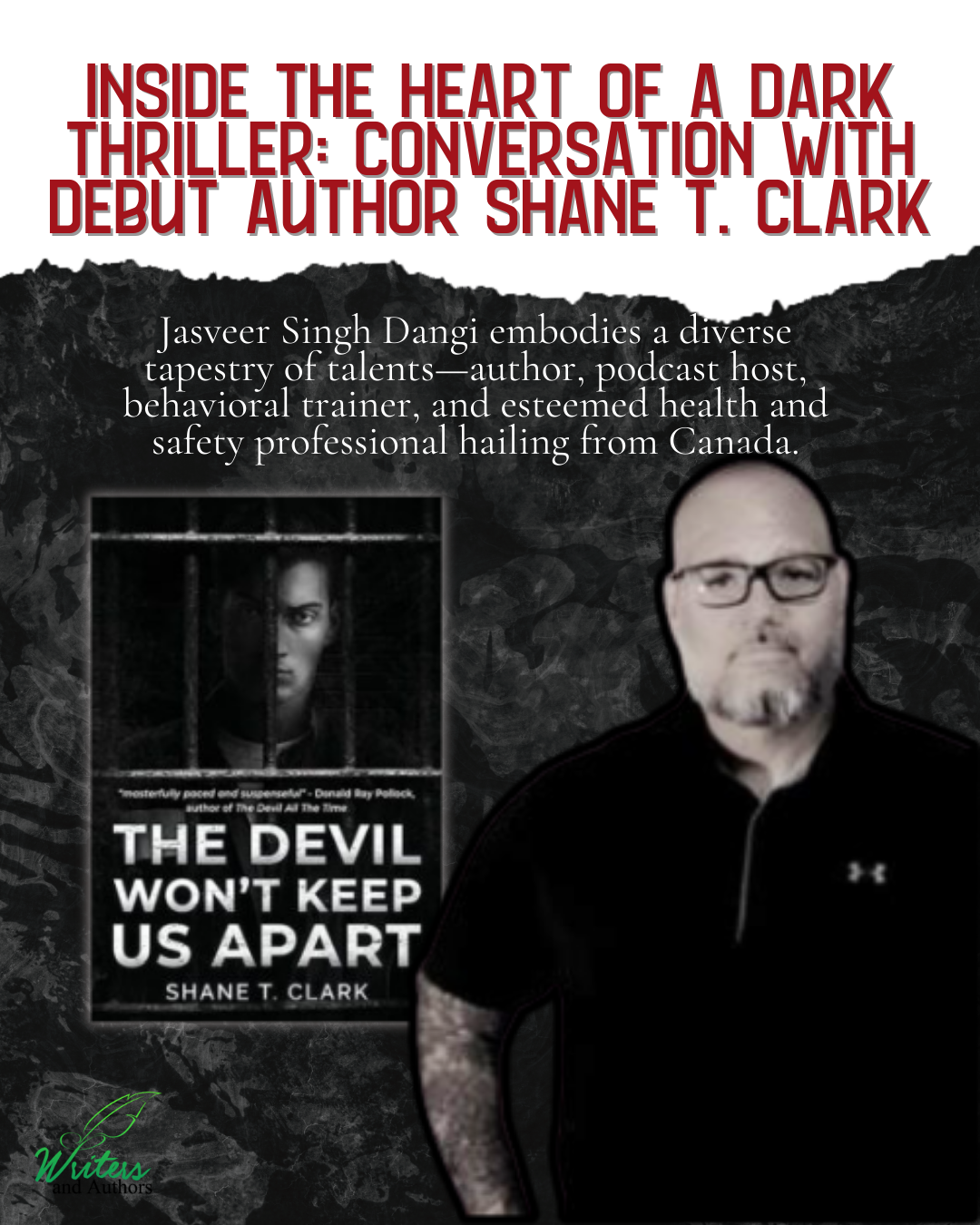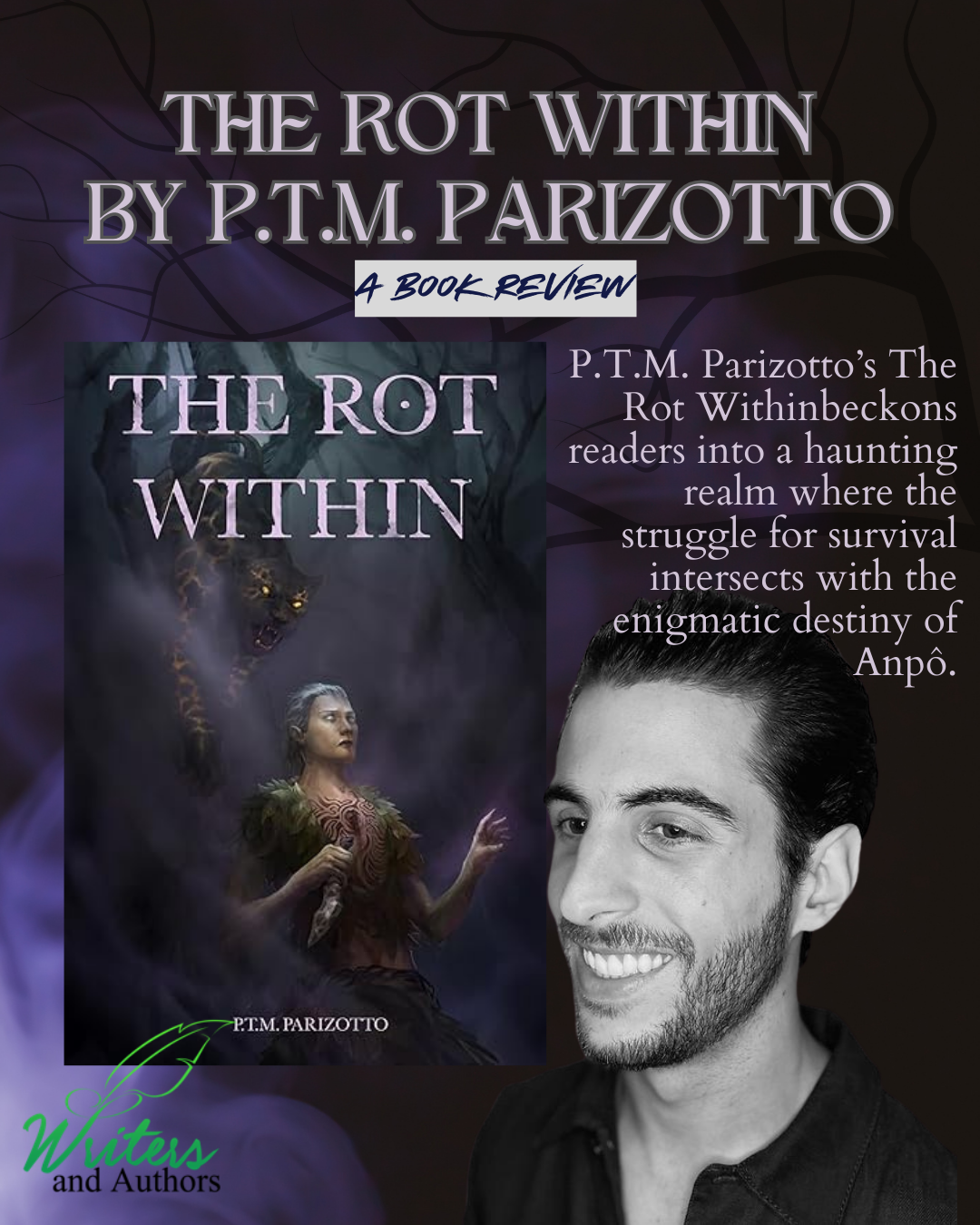[et_pb_section bb_built=”1″][et_pb_row][et_pb_column type=”4_4″][et_pb_text]
Author Talk
Writing The Cleansweep Conspiracy was easy. What came next was hard
Conversations with Authors
Thanks for having me at Writers and Authors and the chance to talk about writing The Cleansweep Conspiracy, book one in my Matt Tremain thriller series. I thought I would share how the novel came into being. Every writer has their starting point, and this is how I began.
 The beginning is easy, what comes next is hard.
The beginning is easy, what comes next is hard.
Nothing from the first sentence and chapter of my first draft survived writing The Cleansweep Conspiracy. It was a long time writing. How many times did I ask myself along the way, “Are we there yet?”
And how did I meet my main character, Matt? It might have been a waking-up-in-the morning half-dream. Perhaps it was a casual thought while driving. Regardless, Matt turned out to be the perfect person for the story, not a superhero. Far from it, he might have gone unnoticed if he hadn’t stepped into the heart of the story. Once there, however, he chose courage, to do what needed to be done, in spite of his fear.
A shy Matt Tremain discovered a passion for writing blogs and investigative reporting. Uncovering a diabolical conspiracy; Matt couldn’t close his eyes to it. While investigating the truth behind the conspiracy, he met a television reporter and a cameraman doing the same. A detective offered his assistance. Would they become potential partners or rivals?
A story like this needs an evil antagonist. Mine is truly that. He tells his co-conspirators with a bluntness that he can create a climate so frightening everyone will beg for security. Operation CleanSweep will answer their prayers by stopping the rioting and destruction. But at what cost?
Did I say earlier the beginning is easy, what comes next is hard?
What can a writer do with a finished novel?
It’s estimated over one million books will be published next year in the U.S.
Seven hundred and fifty thousand will be self-published.
The average length of a novel is estimated to be 60,000 to 70,000 words. I decided to thread the needle and use 65K, coming up with 48,750,000,000 words self-published each year. That’s 48 in billions.
My 89,342 words face a daunting challenge.
Justine Goldberg, writing in Publishing Perspectives, claims 200 million Americans say they want to publish a book.
Wow. Talk about competition.
I sometimes feel like Forrest Gump when he decided to stop running. Is it time to stop writing?
But even if 750,000 books are published next year, most will be third-rate, at best, according to Joseph Epstein in The New York Times.
In the Publishing Perspective article, Deb Werksman of Sourcebooks said, “Self-published books are uniformly badly published.”
Tom Dever, TLC Graphics and Narrow Gate Books, added, “If a book looks self-published, readers aren’t going to buy it.”
That’s the challenge, Indie authors. That’s part of the edge against the competition. Books can’t disregard the craft of book publishing. Self-publishers pay the price ignoring in a rush to publish.
It’s easy to self-publish. It’s easy to do it wrong.
If you and I work our hardest to get it right, we leap over a huge number of self-published authors when we have a good story, good cover, and good interior
A good story doesn’t come out like a newborn baby. A story is conceived, developed, and birthed.
I spend as much as I can on cover design. To me, a cover is an invitation to the dance between reader and author.
The interior is our story, and we want that writer/reader dance to end with the reader wanting more. Editing is expensive, but I pay as much as I can. I keep putting comas in when I shouldn’t and leaving them out when they’re needed. Before you point out the coma mistake I just used, I had an editor tell me my use of commas put him in a coma.
Somewhere out there readers are waiting. Print sales are up, eBook sales down, and the use of smartphones as a reading device has gone up 7%. I don’t care how they prefer to read; I love readers.
For me, I’ll keep writing until I don’t have any more stories to tell. I still don’t see the stop sign. That’s my story. I would love to hear from you. Agree? Let me know. Disagree? Let me know. I’d love to keep our conversation going. Writing’s a great journey for me, and I wish the same for you.
Chuck Waldron
Author, The Cleansweep Conspiracy and The Cleansweep Counterstrike
[/et_pb_text][/et_pb_column][/et_pb_row][/et_pb_section]
